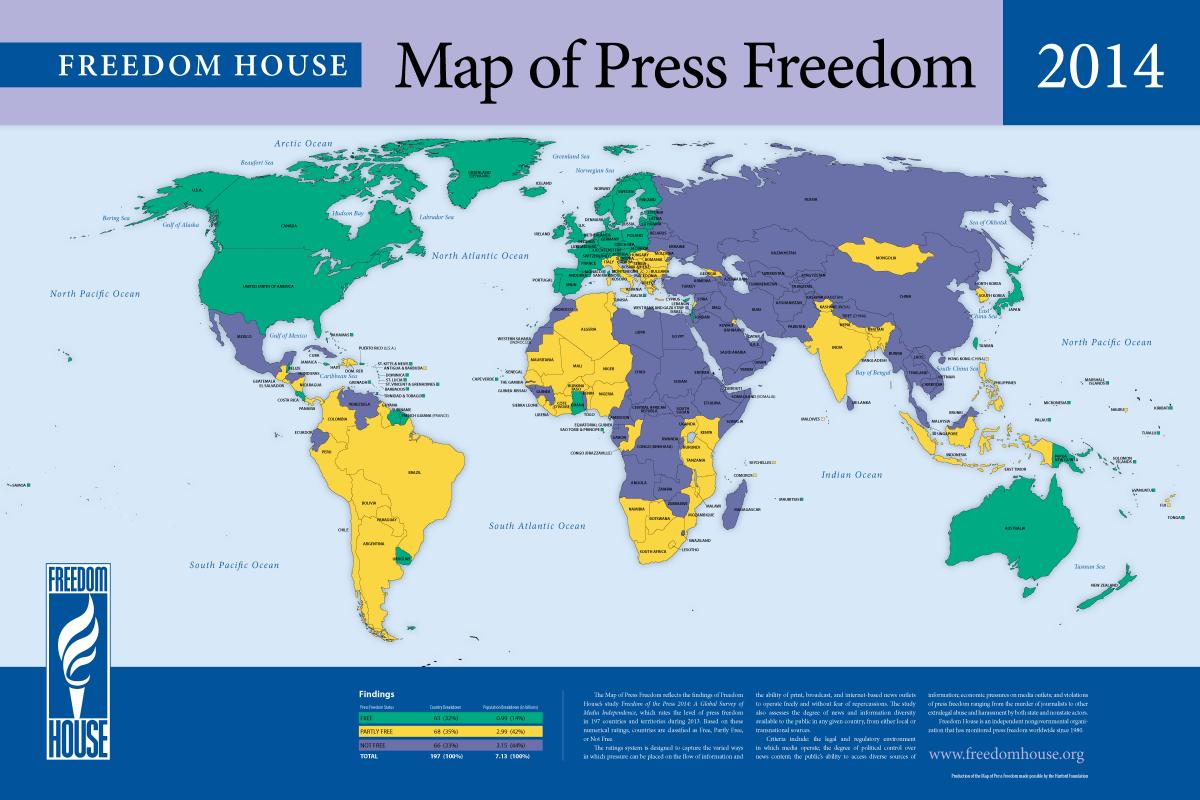“50% of Arab world citizens are dissatisfied with public services in their area,”
according to the World Bank survey — which prompted not one, but two sessions at the Annual World Bank/International Monetary Fund Spring 2015 Meeting. So it was no coincidence that the meme #BreaktheCycle emerged in another MENA panel, which also revisited the theme of the social contract in both oil-importing/exporting countries. In all honesty, it was easy to borrow some of the tweeted comments from the live webcast of “Trust, Voice, and Incentives: Learning from Local Successes in Service Delivery in the Middle East and North Africa” because the #BreaktheCycle meme applied to daily life struggles by MENA citizens receiving public services — assuming that they ultimately received service.
Many of the tweeted comments read like a customer service hotline for a company that made a series of errors. For example:
- @ayadsalman 44% of students in the #Arabworld attend schools with severe shortages of instruction materials. #Breakthecycle
- “public services ‘?’ what does that mean” #egypt respondent wrote on @WorldBankMENA survey #breakthecycle
- @WorldBankMENA: Citizens in the #Arabworld pay ‘wasta’ but its negligible in some localities, to over 90% in other localities. #BreaktheCycle
Such comments further supported the call for a new ‘social contract’ throughout the MENA region.
The new social contract should cut down on oil subsidies, asserted the World Bank’s Chief Economist of MENA, Shanta Devaranjan and Dean of the Board of Executive Directors, Mirza Hussain Hasan; and World Bank Vice President, Middle East and North Africa, Hafez Ghanem. However, when asked if Arab countries would share a uniform social contract, a key distinction surfaced: Hasan focused on oil-exporting countries’ need to review oil subsidies whereas Devaranjan stated that each MENA country will have renegotiate its own ‘social contract’, thereby implying that no uniformity should be expected.
Redefining social contracts sounds great in theory … and in practice. ‘Social contract’, a phrase coined by Jean-Jacques Rousseau outlining the expectations the individual has of society and vice-versa. Somehow, government assumes the role of key intermediary. However, one cannot take Rosseau’s thinking too literally because his political philosophy held controversial implications, namely that “aristocracies tend to be the most stable”.
Given the Arab transitioning countries’ political shifts, none of their movements supported maintaining aristocracies (Tunisia, Egypt, Libya, and Yemen). In particular, Tunisia’s movement organized to rebuff the political aristocracy that also held significant financial clout. On this cautionary note, PITAPOLICY looked beyond the French political philosopher — surely, other cultures must have hinted at the concept of social contracts prior to the European Enlightenment. A few examples come to mind: Abu Nasir Al-Farabi, and Hammurabi’s Code .
Al-Farabi alluded to the social contract between individuals and society in the 9th century, thus influencing Rosseau’s work, according to European philosophy historians (Source: Breaking With Athens: Alfarabi as Founder). Although Hammurabi’s Code originated in ancient Babylonia, it is a document that outlines what an individual may expect from a society, and vice-versa.
Whether one vehemently agrees, or disagrees, about who originated the term ‘social contract’, one can at least agree that political philosophies thrive or retreat based on civil societies’ reactions to the status quo. Based on the comments from the participants, an overwhelming number of MENA parents want to break the cycle of teacher absenteeism. Also 44 percent of students in the Arab world attend schools with severe shortages of instruction materials. (This would resonate with several parent teacher associations in schools just 10 miles away in Southeast Washington, DC.)
On that note, a Jordanian civil society organization representative argued later that political reform is needed to actualize a new social contract, which is why her organization is “lobbying to raise the quota for women in parliament”.
Political philosophies evolve, borrow, reorient, and reinterpret to better respond to societies pressing socio-economic issues. Therefore, we remain eager to see how each Arab transitioning country entertains political debate on economic policies (taxes, subsidies, and NGO grants) in parliament. It is only one arena — albeit the slow one — where each country’s respective social contract will be renegotiated. The second arena is the government agency responsible for delivering a service. The third is civil society in its power to engage.


